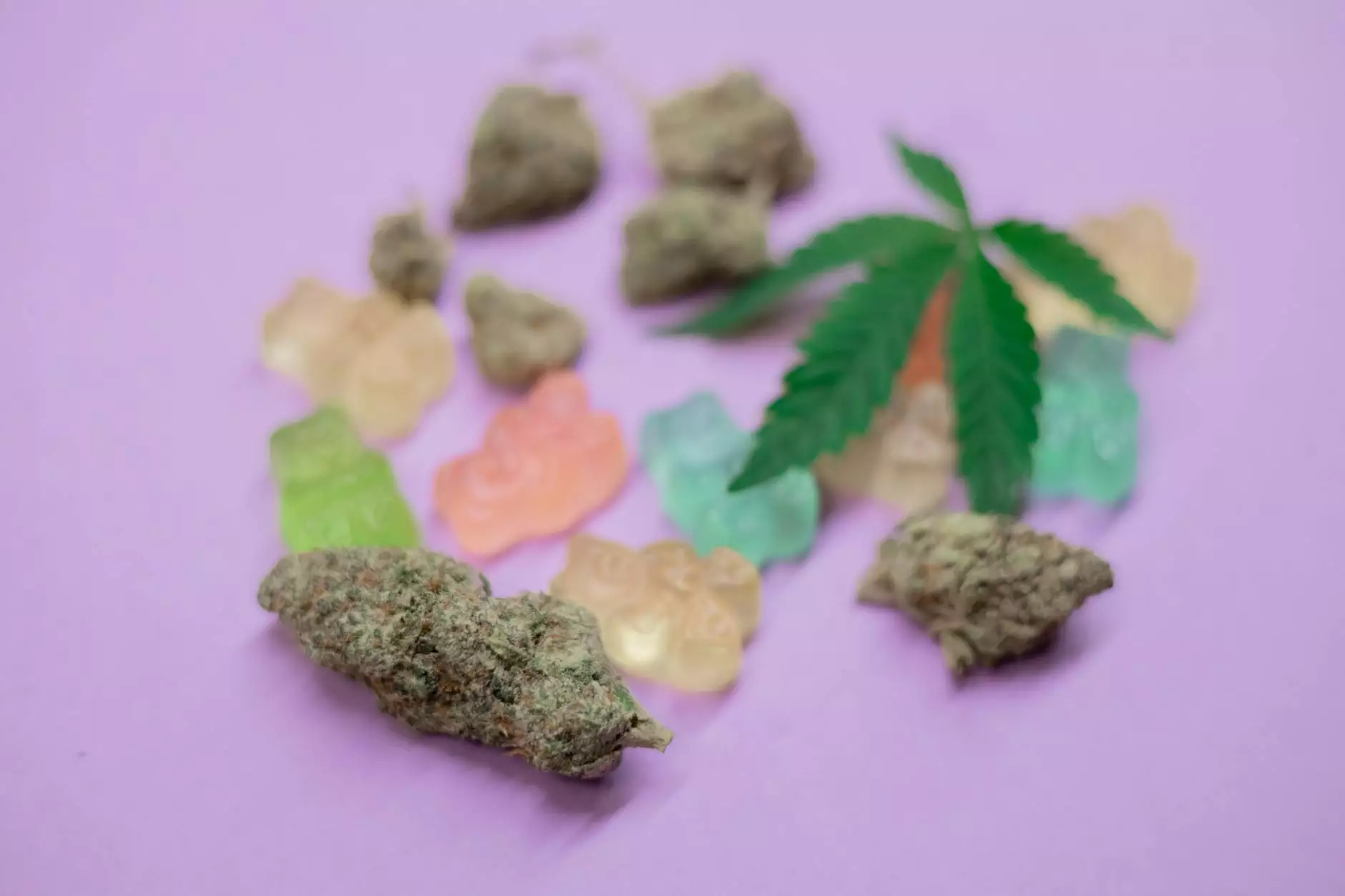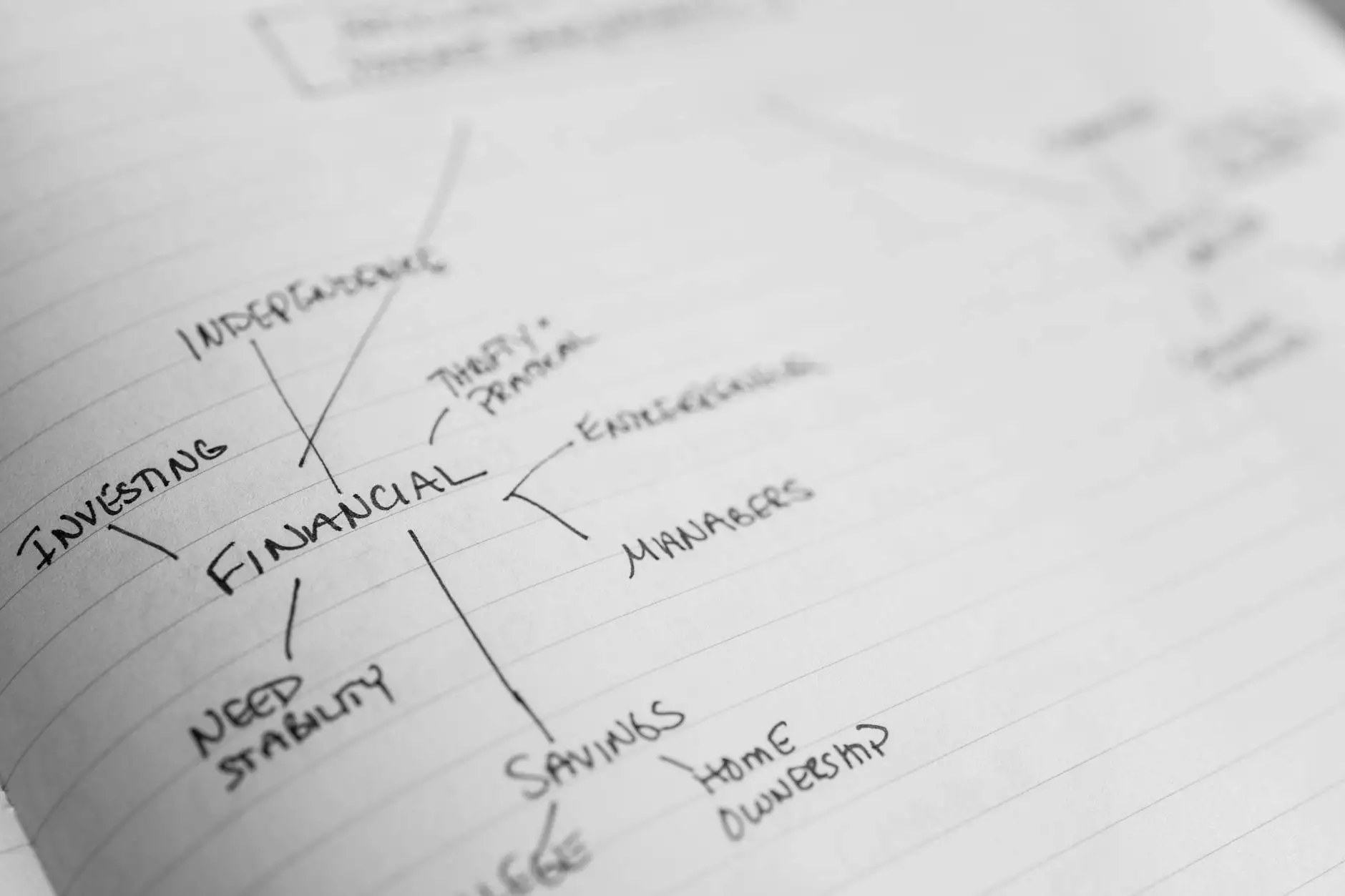Understanding **Bulk Sugar Cost**: Insights for Businesses

The sugar industry plays a significant role in the global economy, and understanding the bulk sugar cost is essential for businesses involved in food production, retail, and distribution. This article delves into the factors influencing bulk sugar pricing, the benefits of wholesale procurement, and tips for navigating the complex market effectively.
The Importance of Bulk Sugar Cost in Business
For companies that rely heavily on sugar as an ingredient—such as manufacturers of beverages, confections, and baked goods—the bulk sugar cost directly impacts their operational expenses and profitability. The ability to acquire sugar at a favorable price can significantly enhance a company's competitive edge.
Understanding Market Dynamics
The cost of bulk sugar is not static; it fluctuates based on several market dynamics, including:
- Supply and Demand: High demand coupled with low supply can drive prices up, while oversupply can lead to reduced prices.
- Seasonal Variations: The sugarcane harvest season affects availability and pricing. Countries that produce sugar during different months can influence the global market.
- Trade Policies: Tariffs and trade agreements can impact import and export costs, affecting the overall bulk sugar cost.
- Global Events: Natural disasters, pandemics, and geopolitical tensions can disrupt supply chains and alter prices dramatically.
Navigating the Bulk Sugar Industry
For businesses looking to procure sugar in bulk, understanding how to navigate the industry can lead to significant cost savings. Here are key strategies to consider:
1. Build Relationships with Reputable Suppliers
Establishing strong relationships with sugar suppliers is essential. A reliable supplier can provide consistent pricing and quality. Consider suppliers like Brazil Sugar Top Suppliers that specialize in bulk sugar distribution.
2. Negotiate Pricing Terms
Negotiation can be a powerful tool when dealing with bulk sugar costs. Discuss possibilities for discounts on large orders or long-term contracts that lock in rates and provide budget stability.
3. Stay Informed About Market Trends
Regularly monitor market conditions, such as global sugar prices and regional production levels. Subscribe to industry newsletters or follow market analysts to stay ahead of pricing trends.
4. Consider Geographic Factors
The location of your business relative to sugar suppliers can impact shipping costs and delivery times. Consider sourcing sugar from regions that minimize transportation costs while meeting quality standards.
Key Factors Influencing Bulk Sugar Cost
Several factors contribute to the bulk sugar cost that businesses need to take into account:
Quality of Sugar
The grade and quality of sugar can significantly affect costs. Refined sugar typically costs more than raw sugar due to the processing involved. Ensure you choose the quality that aligns with your product requirements.
Market Competition
The competitive landscape also plays a role in determining sugar prices. The presence of multiple suppliers often leads to competitive pricing strategies, benefiting businesses that can leverage these dynamics.
Transportation and Logistics
Transportation costs can affect the overall bulk sugar cost. Review logistics options to ensure you are not overspending on shipping. Many suppliers offer competitive shipping rates, so compare options thoroughly.
Economic Indicators
Global economic conditions, including inflation rates and currency fluctuations, impact pricing. For instance, a stronger dollar might make sugar imports more expensive, affecting your procurement strategy.
Benefits of Buying Sugar in Bulk
Investing in bulk sugar purchases provides numerous advantages that can enhance business efficiency and cost management:
- Cost Savings: Purchasing sugar in larger volumes typically results in lower per-unit costs, helping businesses to save money in the long run.
- Consistency in Supply: Bulk purchasing provides predictability in supply, minimizing the risk of running low during peak production times.
- Streamlined Operations: A solid stock of sugar can reduce the frequency of orders, leading to smoother operational workflows.
- Negotiation Power: Buying in bulk gives businesses leverage in negotiations, allowing for better pricing and personal terms.
Tips for Efficient Bulk Sugar Procurement
Streamlining your procurement process can lead to significant operational efficiencies. Here are some tips:
Assess Your Needs
Evaluate your current and future needs for sugar to determine the optimal quantity for bulk orders. This helps prevent overstocking or stockouts, which can affect production.
Monitor Supplier Performance
Regularly assess your sugar suppliers to ensure they meet your requirements for quality, reliability, and pricing. Develop metrics to measure their performance and make adjustments as necessary.
Explore Alternative Sources
Do not limit your sourcing to a single supplier. Investigate other options and compare pricing to ensure you are getting the best deal possible for your bulk sugar purchases.
Invest in Technology
Consider utilizing software tools or apps designed for inventory management. These tools can help you track sugar usage, manage orders efficiently, and analyze procurement data.
Conclusion
Understanding bulk sugar cost is crucial for businesses that rely on this essential commodity. With knowledge of market dynamics, strategic procurement practices, and a keen eye for quality, companies can ensure they are optimizing their sugar purchasing processes for maximum efficiency and cost-effectiveness.
In a world where competitions are rigorous, making informed decisions about bulk sugar procurement can significantly enhance your bottom line. By employing the right strategies and staying attuned to market changes, your business can thrive in this competitive landscape.
For more information on sourcing quality sugar, visit Brazil Sugar Top Suppliers.









